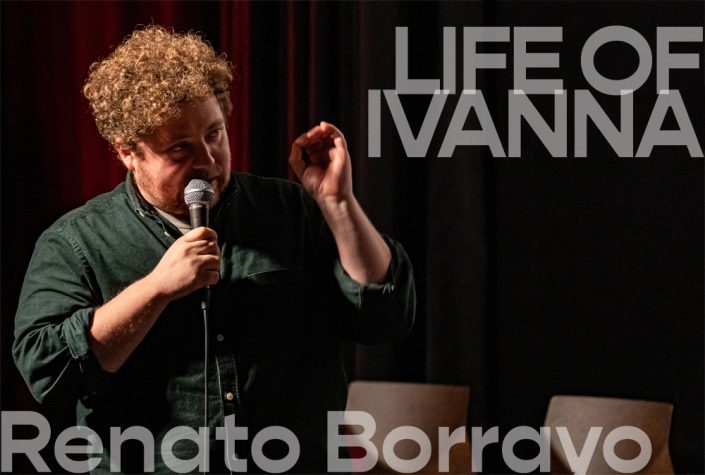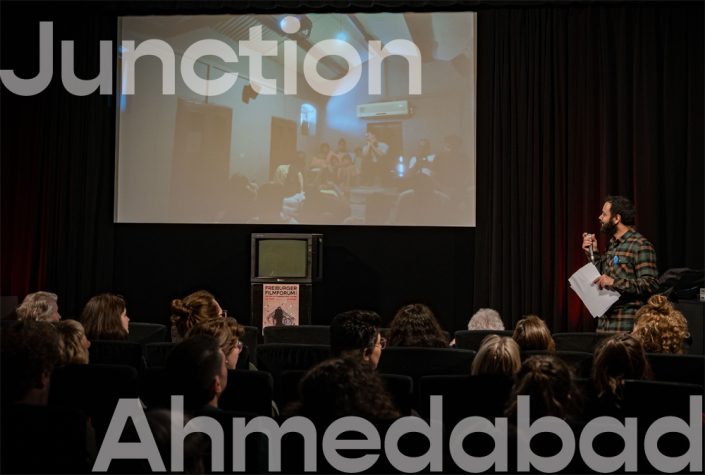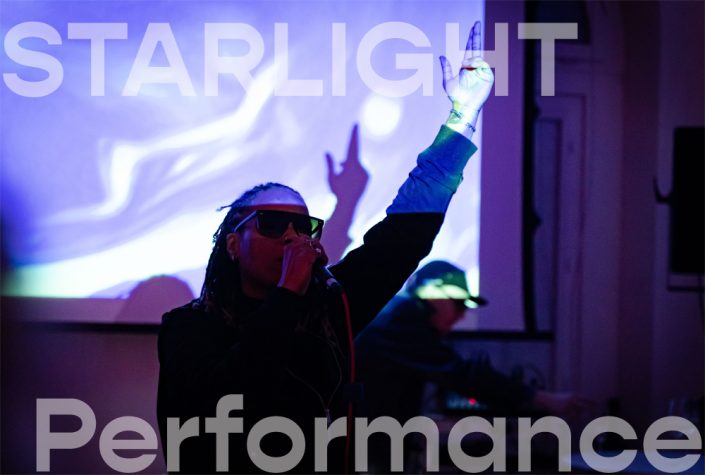Three rooms in a narrow labyrinthine apartment next to Marseille St Charles train station that belong to a Chinese family: Yuan, her brother Bin and their father. The two siblings work irregular hours in Marseille. In the limited resting times between their strenuous work, the two siblings contemplate about staying in Marseille and their longing to return to China. In the enclosed spaces of their small apartment, Yuan and Bin imagine another life through the digital. Is “not so bad” all you can ask for as a migrant living a foreign country?
FOUR JOURNEYS
Louis Hothothot was born as an illegal second child in China, his parents got severely punished and had to cope with bitter consequences. After staying for years abroad, the filmmaker returns to his family and engages in lifting and healing suppressed feelings of guilt and offenses.
“Wielding his camera with sometimes intimidating effect, Louis forces his family to confront their traumatic past, one that hides yet another ordeal. He probes them with sharp questions and remarks to drag them out of a distressing past. It’s painful, but necessary, because “if memories are frozen in the past, what can dissolve the pain?”” (idfa)
Not just dealing with the past, it is also about his own identity between acquired Western culture and clinging to his Chinese upbringing.
Louis Hothothot (Louis Yi Liu) is a film artist, writer, graphic designer. He was born and grew up in China, studied graphic design, animation and video art at the China Central Academy of Fine Art in Beijing. He enrolled in the Master of Fine Arts program at the Dutch Art Institute in 2012. In 2017, he finished as Master of Film at the Netherlands Film Academy. His long feature debut FOUR JOURNEYS opened IDFA 2022. https://louishothothotart.wordpress.com/
Director, cinematography: Louis Hothothot
Editing: Chris van Oers, Louis Hothothot, Albert Elings
Music: Harry de Wit
Production, distribution: Pieter van Huystee Films
Der Pferdedieb
No English translation available.
Die Wa-Nationalität
No English translation available.
Der Norden von Tibet - Das Land und sein Volk
No English translation available.
Die Kuzung
No English translation available.
Die Deng
No English translation available.
Li-Nationalität
No English translation available.
QING – THE NEWSPAPER MAN
Yi Sicheng’s film documents a day in the life of Qing Baohua. The film starts in the morning when Qing begins his day as a newspaper-seller, which in China is regarded as a very low profession without any social prestige whatsoever. Conversations with his lover, who accompanies him on his way through Kunming inform us about his social and personal situation. In the evening, Qing Baohua’s personality is slowly transformed. As soon as he performs local folksongs on a stage and does some acting in Kunming operas, he changes into another person. The film is a visual depiction of the current problems the urban population in China is facing. It also deals with the issue of folk culture versus high (Confucian) culture.
NO MORE BOUND FEET
The film is a portrait of the village Xiangshuiba in Lulian county, of the Yunnan province. This is Chen Xueli’s hometown. The film documents the main seasonal economic activities such as mushroom collecting, fishing, sand collection and transportation. In order to give a more vivid portrait of the situation of younger women living in today’s rural countryside of China, a wedding which took place in Chen Xueli’s family is filmed. By interviewing the older women and juxtaposing these parts with the musings of the younger girls, they show how and why gender relations and positions slowly begin to change.









